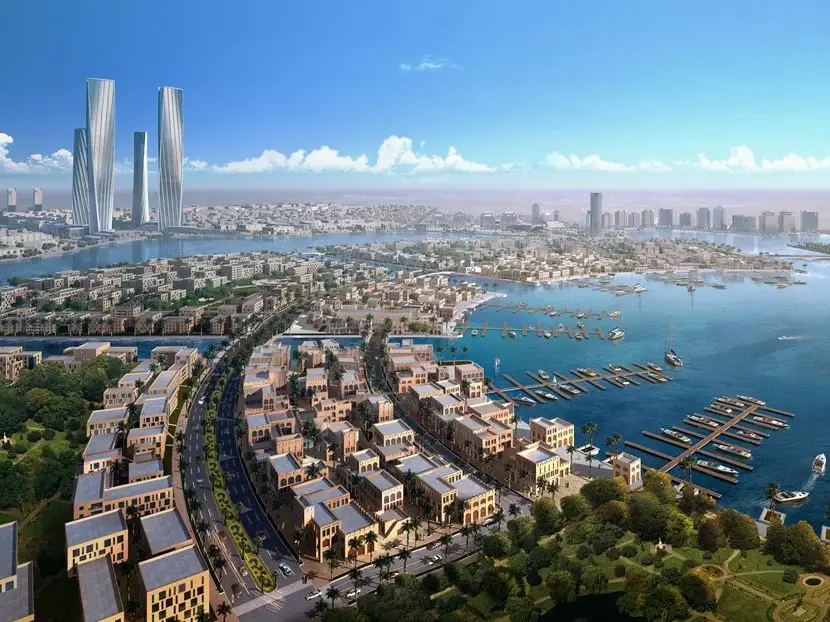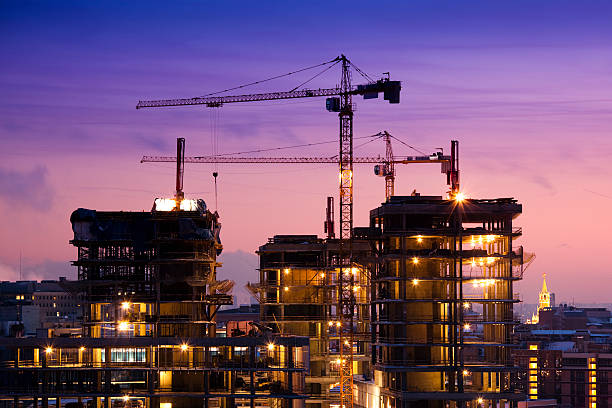
Top Industries
Quick Links
Subscribe Now
Join Thousands of Industry Leaders!
Copyright © 2025 Companies in UAE. All rights reserved.
June 26, 2025
companies.uae

With its ambitious infrastructural initiatives—notably surrounding the FIFA World Cup 2022—Qatar has won a position on the world building map. The worldwide building firms bringing cutting-edge know-how, enormous capital resources, and globally-tested technologies are, however, the real engine of its expansion. These worldwide contractors establish international engineering, sustainability, and innovation standards rather than just put up buildings.
Understanding the main worldwide participants and how they work in the Qatari economy is a big benefit for investors, suppliers, or stakeholders watching the infrastructure boom in Qatar. Beyond the surface, this essay provides views into the businesses changing sand into skyscrapers.
Why Qatar? Global Interest in Local Growth
Qatar is not just a Gulf country with oil wealth. Forward-thinking country with a clear 2030 vision to diversify its economy and become a hub for business, tourism, and invention Just glimpses of a bigger vision are projects like Lusail City, Hamad Port, and the Doha Metro.
But projects of such size call global expertise, technology, and trust. International construction firms assume a major role at this point. Their expertise gained from significant projects worldwide enables Qatar to accelerate project deadlines and improve quality—particularly in important industries including energy, healthcare, hospitality, and transportation.
Operating under worldwide best project management standards are international contractors. From lean construction systems to digital twin modeling, they lessen project delays and cost overruns—significant problems on large-scale projects.
2. Access to Funding & Partnerships
Large capital reserves and international funding networks are available to several international corporations. This makes them particularly appealing for Public-Private Partnerships (PPP) designs in collaborations with Qatar’s public sector.
Global contractors bring certified environmental and safety standards, helping Qatar meet its green building goals. LEED certifications, energy-efficient materials, and renewable integrations are now expected deliverables.
A critical need under Qatar’s labor reforms and worldwide review during the World Cup preparations, these companies usually have rigorous safety compliance and worker welfare standards.
Multinational firms seldom operate independently. To satisfy legal and cultural expectations and to easily negotiate regulatory requirements, they partner with local Qatari companies.
Some examples include:
Vinci Construction & QDVC (a joint venture with Qatari Diar)
Hyundai E&C & Qatar Petroleum (Barzan project
Bechtel & Hamad International Airport authorities (airport expansion)
These partnerships create knowledge transfer, employment opportunities, and long-term capacity building within the country.
Key Trends in Qatar’s Construction SectorKey Trends in Qatar’s Construction Sector
Qatar’s drive toward digital cities like Lusail is spurring construction companies to provide smart infrastructure solutions. Standard packages nowadays include IoT-powered sensors, predictive maintenance systems, and artificial intelligence-driven traffic control.
To meet fast-paced timelines and reduce onsite congestion, international contractors are increasingly using prefabricated materials and modular building systems—especially for healthcare and hospitality sectors.
Driven by internal sustainability objectives and international pressure, Qatar demands green construction certifications. Introducing solar-ready infrastructure, greywater systems, and zero-emission equipment, international firms are guiding the movement.
Post-COVID lessons have reshaped how construction materials are sourced. Global firms are now developing diversified supplier bases and local warehousing strategies to avoid project delays.
Explore top international construction companies in Qatar shaping its skyline and infrastructure—from stadiums to oil & gas mega-projects—and discover what makes these global firms vital to the nation’s development.

Join Thousands of Industry Leaders!
Copyright © 2025 Companies in UAE. All rights reserved.